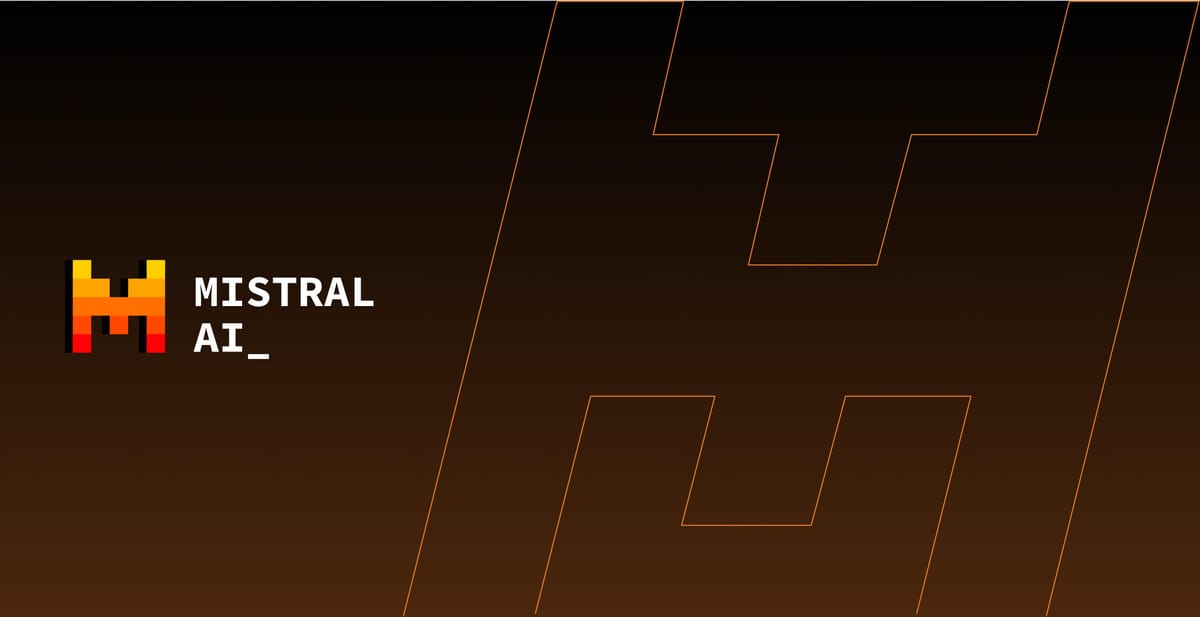
New developments have emerged in Microsoft's partnership with leading French AI startup Mistral, announced just yesterday. While the tech giant touted integration of Mistral's large language models into Azure AI, it downplayed a key aspect - an equity investment of €15 million ($16.3 million).
The investment, which will convert into equity in Mistral's next funding round, has caught the attention of EU regulators. They plan to examine the deal as part of ongoing scrutiny into Big Tech's involvement with generative AI companies.
Valued at $2 billion after a massive $415 million funding round in December, Mistral is considered a rising star in frontier AI model development. Its new flagship model Mistral Large rivals capacities of top contenders like GPT-4. The partnership with Microsoft promises global scale, but the companies' restraint in publicizing the investment hints at wariness of regulatory action.

Microsoft already faces heat over its OpenAI relationship, with UK and EU watchdog agencies reviewing whether its $13 billion funding undermines market competition. This latest alliance with Mistral, also focusing on distributing advanced AI through Microsoft Azure, intensifies similar concerns.
The European Commission received a copy of the agreement and confirmed plans to analyze Microsoft's Mistral equity stake. While currently under 1%, pending Mistral's next funding round, regulators will assess if the tech giant is gaining unfair advantage across multiple generative AI players.
For Mistral, reliance on American backers like a16z and now Microsoft undercuts its positioning as a European champion for democratizing AI. Its shift from open source models to closed, paid access also increasingly mimics the walled gardens of Big Tech it ostensibly challenges.
As with the OpenAI partnership, Microsoft treads a precarious line between investing in boundary-pushing AI innovation and raising red flags for regulators focused on maintaining market diversity and opportunities for smaller startups. For now, both companies appear braced for intense scrutiny from European authorities determining the future course of this key global technology.


